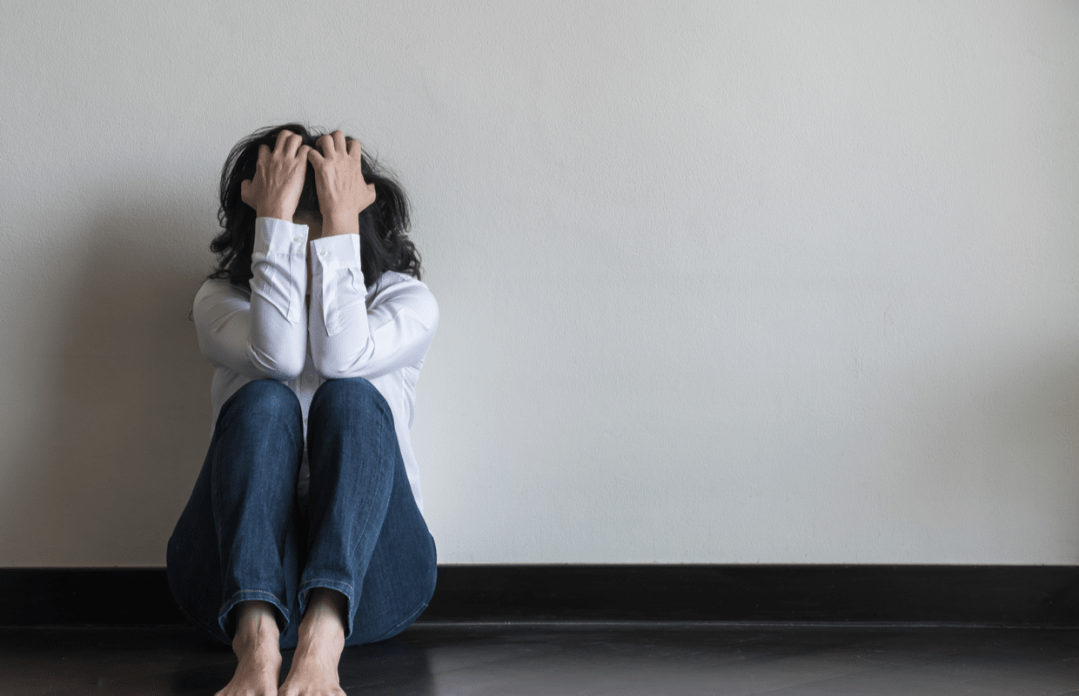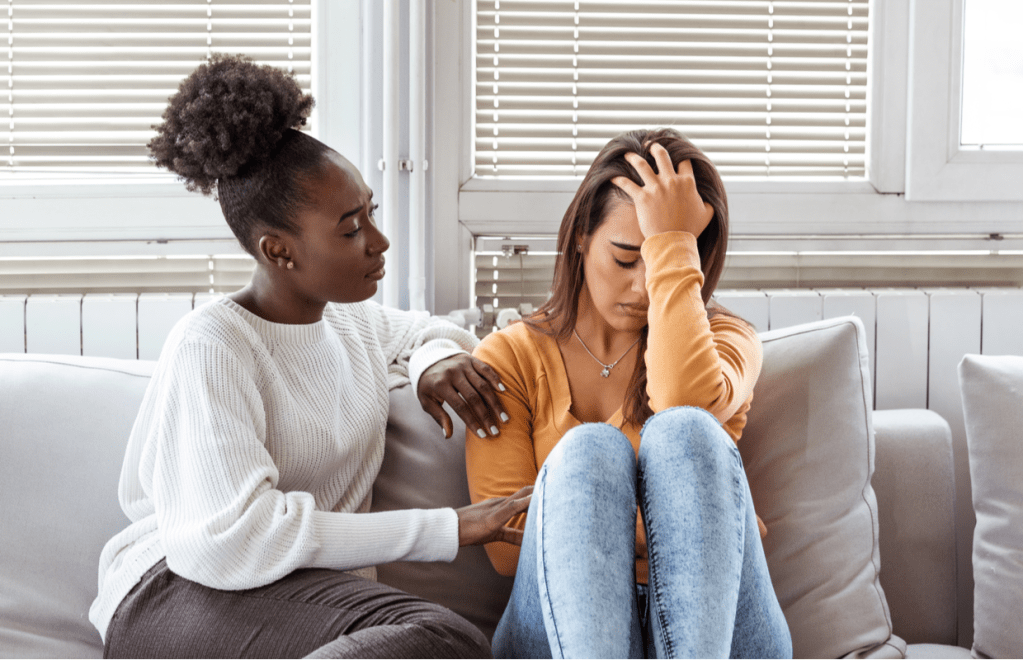What is a panic attack? How and why they happen
What is a panic attack? We debunk the myths and tell you how to recognise them, and why they happen.

Medical doctor, Radha Modgil, and experts from the Mental Health Foundation take a closer look at panic attacks: what they are, what happens to the mind and body during a panic attack, and how we can help ourselves and others.
What is a panic attack?
‘In essence, it’s a type of fear response,’ explains Dr Radha. ‘It’s an exaggeration of the body’s normal response to a perceived threat or stress.
It can come on suddenly, sometimes without warning, and it provokes intense mental and physical symptoms, which can be frightening and distressing for the person experiencing an attack, as well as those around them. However, it’s important to note that panic attacks are not dangerous and you can get help.’
Why do panic attacks happen?
It’s estimated that up to 28 per cent of us will experience panic attacks. But what causes them? ‘Panic attack triggers can be different for everyone,’ say Dr Radha, ‘however, they tend to stem from anxiety, so looking at causes of underlying anxiety is a good place to start,’ she says.
Levels of anxiety experienced incertain situations are different for everyone, but some everyday examples that can spark feelings of unease are:
- Change and uncertainty, such as over the past 18 months during the pandemic
- Feeling under pressure at home or work
- Long working hours
- Loss of a job
- Negative news
- Money worries
- Losing someone close to you
- Feeling isolated or alone
- Challenging childhood experiences
When suffering from panic attacks, it can feel as if you’re the only person in the world who has them. The truth is that panic attacks can happen to anyone, including those you wouldn’t expect.
A number of high-profile people have spoken openly about their experiences with panic attacks, including the singer, Adele, who was quoted in Stylist magazine in 2017 assaying that she felt ‘vulnerable’ on stage, which caused her to suffer ‘anxiety attacks’ before she performed. She revealed that the attacks made her feel as if her heart was going to ‘explode’.
Signs of a panic attack
‘Witnessing or experiencing a panic attack for the first time can be quite scary,’ says Dr Radha, ‘but please be assured that they are not dangerous and will subside. Most panic attacks last between five and 20 minutes. Some of the key signs that you or someone you know is in the grips of an attack include:
- Excessive sweating
- Feeling faint
- Nausea
- Trembling
- Fast breathing (also known as hyperventilating).
‘Symptoms can vary from person to person but those listed above are the main ones to look out for.’

How to help someone who is having a panic attack
If you or someone you know is experiencing a panic attack, there are a number of things you can do to help, as Dr Radha explains…
- Stay calm: While witnessing or experiencing a panic attack can be distressing, it’s important to stay calm and remind yourself that it will pass.
- Stay where you are: If possible, it’s best to stay put until the attack subsides.
- Accept: Tell yourself you are doing fine – this is just a collection of symptoms caused by adrenaline, which will soon calm down.
- Stomp on the spot: It might sound odd, but rhythmically stomping your feet can help to relieve stress and take back control of your breathing
- Breathe slowly and deeply: Remember to breathe slowly and deeply to help get hyperventilation under control
- Think relaxing thoughts: When experiencing an attack, relax your shoulders and try to focus on relaxing and reassuring thoughts and images to help break the panic cycle
Common myths about panic attacks
Dr Radha talks us through some of the common myths around panic attacks…
‘If you are hyperventilating, you should NOT breathe into a paper bag. Breathing into a paper bag could make things worse and be dangerous for people with certain medical conditions. Instead, use the tips above to take back control of your breathing will help the panic attack to pass.’
‘Panic attacks are NOT the same as panic disorder. Panic attacks last between five and 20 minutes, whereas panic disorder refers to frequent or regular panic attacks. You can develop a constant fear of having another panic attack, which can bring them on.’
Where to find help for panic attacks
There is a wealth of help available to manage panic attacks. Your GP is a fantastic help, and the sooner you seek support, the better. Support is also available from a number of other organisations, such as charities, who can connect you with other people in your position.
Useful charities include…




